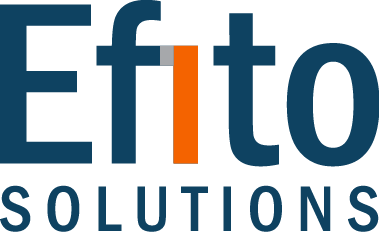

In a world where technology continues to redefine our daily lives, the integration of artificial intelligence into healthcare is poised to revolutionize how we approach self-diagnosis. Enter ChatGPT, a powerful language model developed by OpenAI, which, beyond its conversational abilities, holds the potential to pave the way for a new era of self-diagnosis. In this blog post, we delve into the possibilities and considerations surrounding AI in healthcare, exploring how ChatGPT may play a pivotal role in shaping the future of personalized medical insights.
The Rise of AI in Healthcare:
Artificial intelligence has gradually become a transformative force in healthcare, offering solutions that range from predictive analytics to personalized treatment plans. One intriguing application is in the realm of self-diagnosis, where individuals can leverage AI models like ChatGPT to gain preliminary insights into their health conditions.
How ChatGPT Facilitates Self-Diagnosis:
Considerations and Limitations:
The Future Landscape:
As AI in healthcare continues to evolve, the integration of models like ChatGPT into digital health ecosystems may become more seamless. This could involve collaborations with healthcare professionals to ensure responsible and accurate dissemination of health information.
Conclusion:
The prospect of a self-diagnosis era ushered in by AI, including models like ChatGPT, holds both promise and challenges. While AI can empower individuals with knowledge and insights, it should be viewed as a complementary tool rather than a replacement for professional medical advice. As the healthcare landscape embraces technological advancements, finding the right balance between accessibility, accuracy, and privacy will be crucial in harnessing the full potential of AI for self-diagnosis. The AI doctor is indeed in, offering information and insights, but it's important for users to tread carefully and hand in hand with the guidance of qualified healthcare professionals.